AMERICAN POLITICS AND POLITICAL ECONOMY SERIES
Edited by Benjamin I. Page
Golden Rule
The Investment Theory of Party Competition and the Logic of Money-Driven Political Systems
Thomas Ferguson
THE UNIVERSITY OF CHICAGO PRESS
Chicago and London
THOMAS FERGUSON is professor of political science at the University of Massachusetts, Boston.
The University of Chicago Press, Chicago 60637
The University of Chicago Press, Ltd., London
1995 by The University of Chicago
All rights reserved. Published 1995
Printed in the United States of America
04 03 02 01 00 99 98 97 96 95 5 4 3 2 1
ISBN 978-0-226-16201-0 (e-book)
ISBN (cloth): 0226243168
ISBN (paper): 0226243176
Library of Congress Cataloging-in-Publication Data
Ferguson, Thomas, 1949
Golden rule : the investment theory of party competition and the logic of money-driven political systems / Thomas Ferguson.
p. cm.(American politics and political economy)
Includes bibliographical references and index.
ISBN 0-226-24316-8
1. Business and politicsUnited States. 2. Campaign fundsUnited States. 3. Political partiesUnited States. 4. United StatesEconomic policy. I. Title. II. Series.
JK467.F47 1995
32440973dc20
94-40580
CIP
 The paper used in this publication meets the minimum requirements of the American National Standard for Information SciencesPermanence of Paper for Printed Library Materials, ANSI Z39.481984.
The paper used in this publication meets the minimum requirements of the American National Standard for Information SciencesPermanence of Paper for Printed Library Materials, ANSI Z39.481984.
Contents
PART ONE
The Investment Theory of Party Competition
INTRODUCTION
Politics, Social Science, and the Golden Rule: Reading the Handwriting on the Wall
In the same hour came forth fingers of a mans hand, and wrote over against the candlestick upon the plaister of the wall of the kings palace.... MENE, MENE, TEKEL, UPHARSIN. This is the interpretation of the thing: MENE; God hath numbered thy kingdom, and finished it. TEKEL; thou art weighed in the balances, and art found wanting. PHERES; thy kingdom is divided and given to the Medes and the Persians.
Book of Daniel
A REVERENT and quite nonsectarian nod to the charitable deduction is about as close to religious themes as the Public Broadcasting Systems Nightly Business Report ever comes. One memorable evening in late October 1992, however, the talking heads who normally find inspiration on Wall Street decided suddenly to borrow their evening story line from the famous tale of Belshazzars feast in the Book of Daniel.
Just as in the Old Testament original, a ceremonial royal banquet provided the settingin this instance, the regular fall meeting of the Business Council at Hot Springs, Virginia, where a special camera crew had been dispatched. And, again, as in the older episode, the sumptuous repast was significant less in its own right than as the artistic backdrop for reflections on a mighty empires succession crisisin this case, the 1992 presidential campaign, about which a select group of Business Council leaders had agreed to be interviewed on camera.
First on the air that night was Ford Motor Chair Harold Poling. In contrast to many others in his industry, the auto executive still enjoyed not only honor but profits. Nevertheless, his view of the campaign of incumbent President George Bush was not sanguine. To many, indeed, it sounded like a last judgment on the man whom he had accompanied only a few months before on an ill-fated trip to Tokyo. Poling was, according to the introductory voice-over, pointedly maintaining neutrality, pending further clarification of the candidates views on trade and other issues. After him came Bethlehem Steel Chair Walter Williams, who offered the evenings first real revelation: that deep disillusionment with one of the most ardently free enterpriseoriented regimes in American history was pushing [many businesses] to [Democratic nominee Bill] Clinton.
John Young, chair of Hewlett-Packard and a longtime Republican, followed. Some days before, Young and Apple Computer Chief Executive Officer John Sculley had led a phalanx of Silicon Valley executives in a mass public endorsement of the Arkansas governor. Now, once again on camera, Young sonorously reaffirmed his new convictions. Next in the parade was another onetime Republican stalwart, Southern California Edison Chair Howard Allen. The utility executive came startlingly to the point:
Its contrary to my basic instincts as a Republican and the way my father reared me, but there are certain things that government should have oversight on and not just sit back and say that competition will solve everything... it hurts me to say that and my father would turn over in his grave if he heard me say it.
It fell to Martin-Marietta CEO Norman Augustine to sum up the evenings discussion. I think, the defense industry executive observed, the Democrats are moving more towards business, and business is moving more toward the Democrats.
In the account in the Book of Daniel, King Belshazzar did not initially get the message. But at least he recognized there was one: as soon as he saw the moving hand, he cried out loud to bring in the astrologers, the Chaldeans, and the soothsayers. When they proved unable to decipher the inscription, he had the good sense to heed his queen. He summoned the prophet Daniel.
No such lucidity attended 1992s high-tech reenactment of the incident. This time, when the handwriting flashed on the electronic walls of some 2 million homes, no one batted an eye (apart from viewers of the program, who dialed up a specially advertised 900 number, seeking more information in disproportionately heavy numbers).
Instead, a few months later, President Clintonwith Apples Sculley and Federal Reserve Chair Alan Greenspan ensconced in the audience next to Hillary Rodham Clintonunveiled his long-awaited economic program in a special address to a joint session of Congress. Although his proposed five-year deficit reduction plan strikingly resembled a scheme put forward by Ross Perot that candidate Clinton had attacked all during the campaign, and was shortly to win a public endorsement from many of Americas largest businesses, the presidents call to raise taxes on the very wealthiest Americans struck a strangely sensitive nerve. Somehow, in a miracle of doublethink, many of the astrologers, Chaldeans, and soothsayers who provide most of
If war had in fact been declared, it was certainly of a novel kind. Only one side seemed to be mobilizing. As Japan, with an unemployment rate far below that of the United States, prepared to embark on a much larger fiscal stimulus program, the president scaled back his own promised stimulus initiative to a paltry $16 billionan amount less than the measurement errors in many parts of his new budget. Then, as some of his own Treasury appointees questioned the need for any action, the president dropped the measure altogether after a single rebuff by the Senate. With members of his economic team putting out word that a key indicator of their success would be the state of the bond market, the president also postponed action on two additional campaign promises: to raise the minimum wage, which had stayed fixed for more than a decade, and to require American employers to invest in training workers. He also withdrew (or declined to send forward) the nominations of several prominent liberal activists whose views piqued conservative critics, and handed the hot potato of labor law reform to a special commission not due to report for a year. In the midst of these switches, the president also struggled to find a compromise that he and the top military brass, if not necessarily gay Americans serving their country in the armed forces, could live comfortably with.
Next page
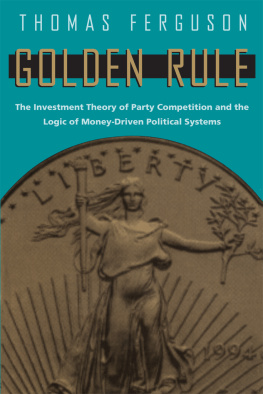
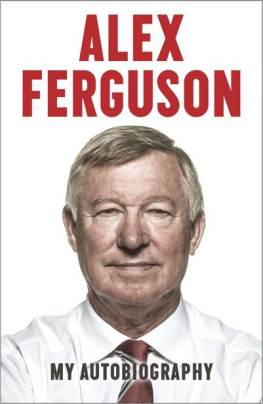
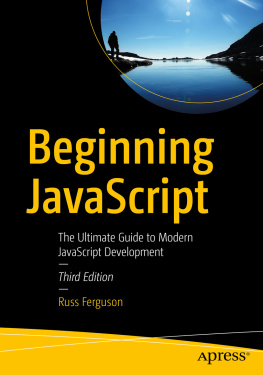
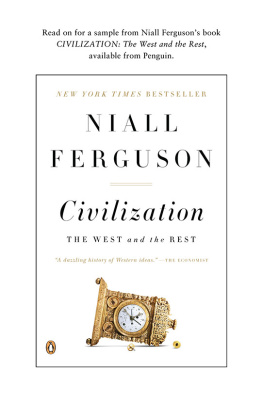
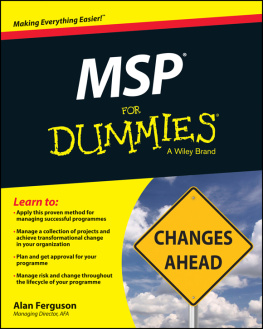
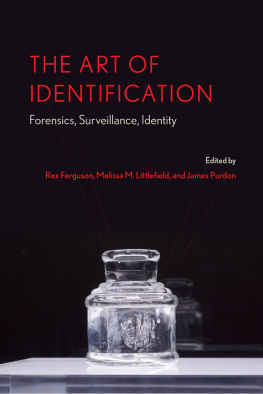
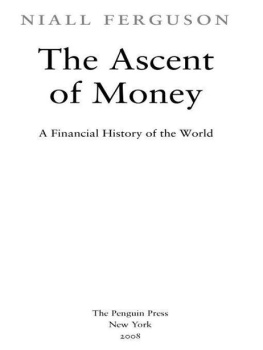

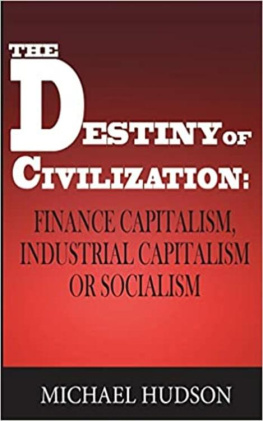
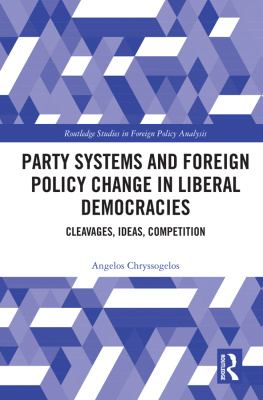
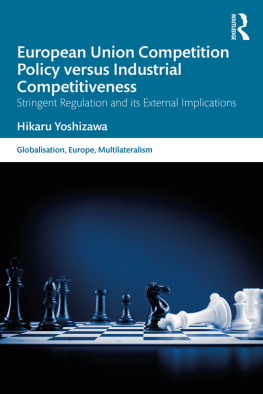
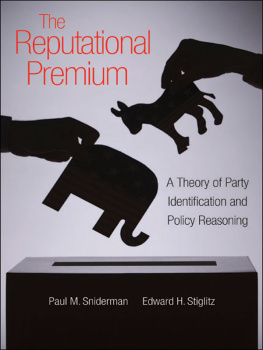
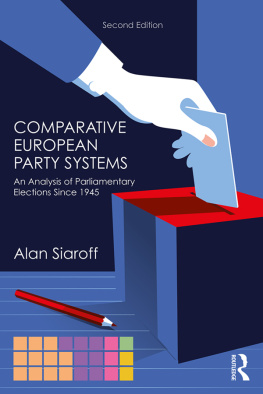
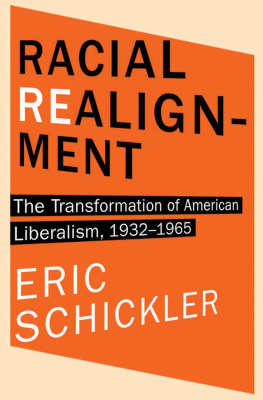
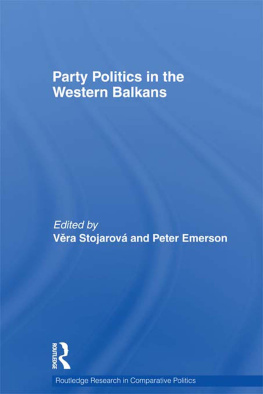
 The paper used in this publication meets the minimum requirements of the American National Standard for Information SciencesPermanence of Paper for Printed Library Materials, ANSI Z39.481984.
The paper used in this publication meets the minimum requirements of the American National Standard for Information SciencesPermanence of Paper for Printed Library Materials, ANSI Z39.481984.